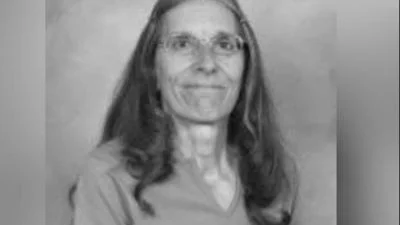Dave Murphy, Wisconsin State Representative for 56th District | Official Website
Dave Murphy, Wisconsin State Representative for 56th District | Official Website
According to the Wisconsin State Legislature's official website, the bill was described as follows: "the sales and use tax exemption for electricity and natural gas sold for residential use. (FE)".
The following is our breakdown, based on the actual bill text, and may include interpretation to clarify its provisions.
In essence, this bill amends the existing sales and use tax exemption for electricity and natural gas in Wisconsin, broadening it to cover all months rather than just the months of November through April. This change means electricity and natural gas sold for residential use will be exempt from taxation year-round. The effective date of the bill is the first day of the second month following its publication, extending the tax exemption without regard to seasonal considerations. This measure is poised to provide a continuous financial relief on utility costs for residential consumers throughout the entire year.
The bill was co-authored by Senator André Jacque (Republican-1st District), Representative Elijah R. Behnke (Republican-6th District), Representative Barbara Dittrich (Republican-99th District), Representative Joy L. Goeben (Republican-5th District), Representative Rob Kreibich (Republican-28th District). It was co-sponsored by Senator Tim Carpenter (Democrat-3rd District), Senator Dan Feyen (Republican-20th District), and Senator Steve L. Nass (Republican-11th District), along one other co-sponsor.
David Murphy has co-authored or authored another 33 bills since the beginning of the 2025 session, with none of them being enacted.
Murphy graduated from the University of Wisconsin-Fox Valley in 1974.
Murphy, a Republican, was elected to the Wisconsin State Assembly in 2013 to represent the state's 56th Assembly district, replacing previous state representative Michelle Litjens.
In Wisconsin, the legislative process starts when a senator, constituent, group, or agency proposes an idea for a bill. After drafting, the bill is introduced, numbered, and referred to a committee for review and public input. If approved, it moves through three readings and votes in both the Senate and Assembly. Once both chambers pass the same version, the bill goes to the governor, who can sign it, veto it, or let it become law without a signature. Only a small share of bills introduced each session ultimately become law. You can learn more about the Wisconsin legislative process here.
| Bill Number | Date Introduced | Short Description |
|---|---|---|
| AB69 | 02/24/2025 | The sales and use tax exemption for electricity and natural gas sold for residential use. (FE) |
| AB58 | 02/24/2025 | Flags flown, hung, or displayed from a flagpole or the exterior of state and local buildings and eliminating a related administrative rule |
| AB55 | 02/24/2025 | Possession of a firearm on school grounds by school employees and fees for licenses to carry a concealed weapon. (FE) |
| AB47 | 02/17/2025 | Tuition and fee remission for certain veterans and their dependents enrolled in the University of Wisconsin System or a technical college. (FE) |
| AB27 | 02/17/2025 | Expanding veterans benefits to individuals who served in Laos in support of the United States during the Vietnam War |






 Alerts Sign-up
Alerts Sign-up